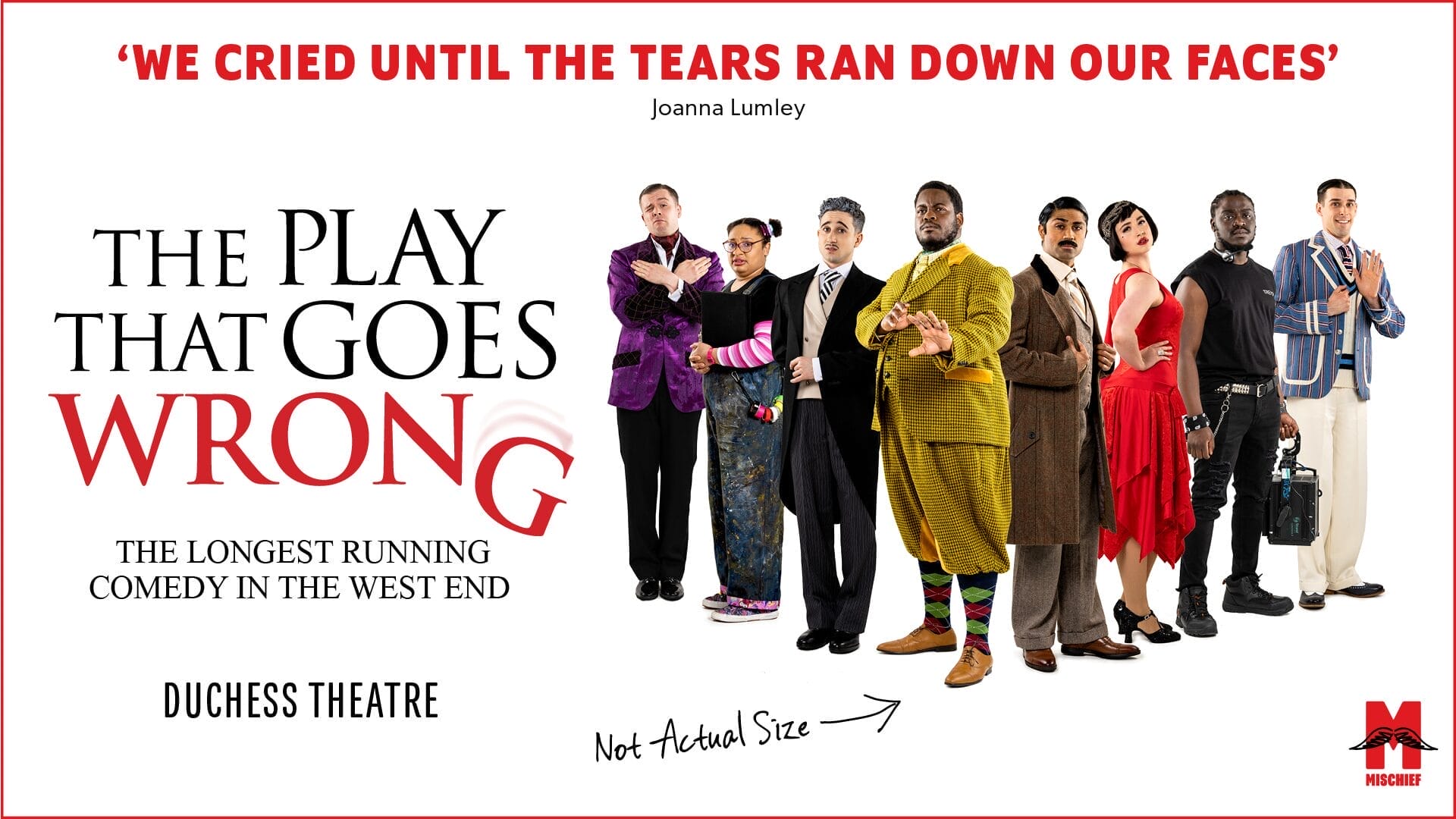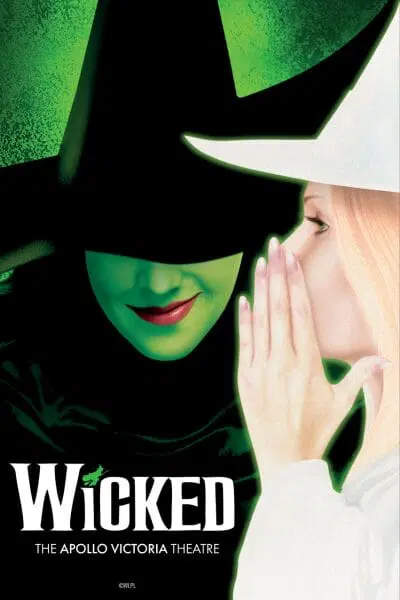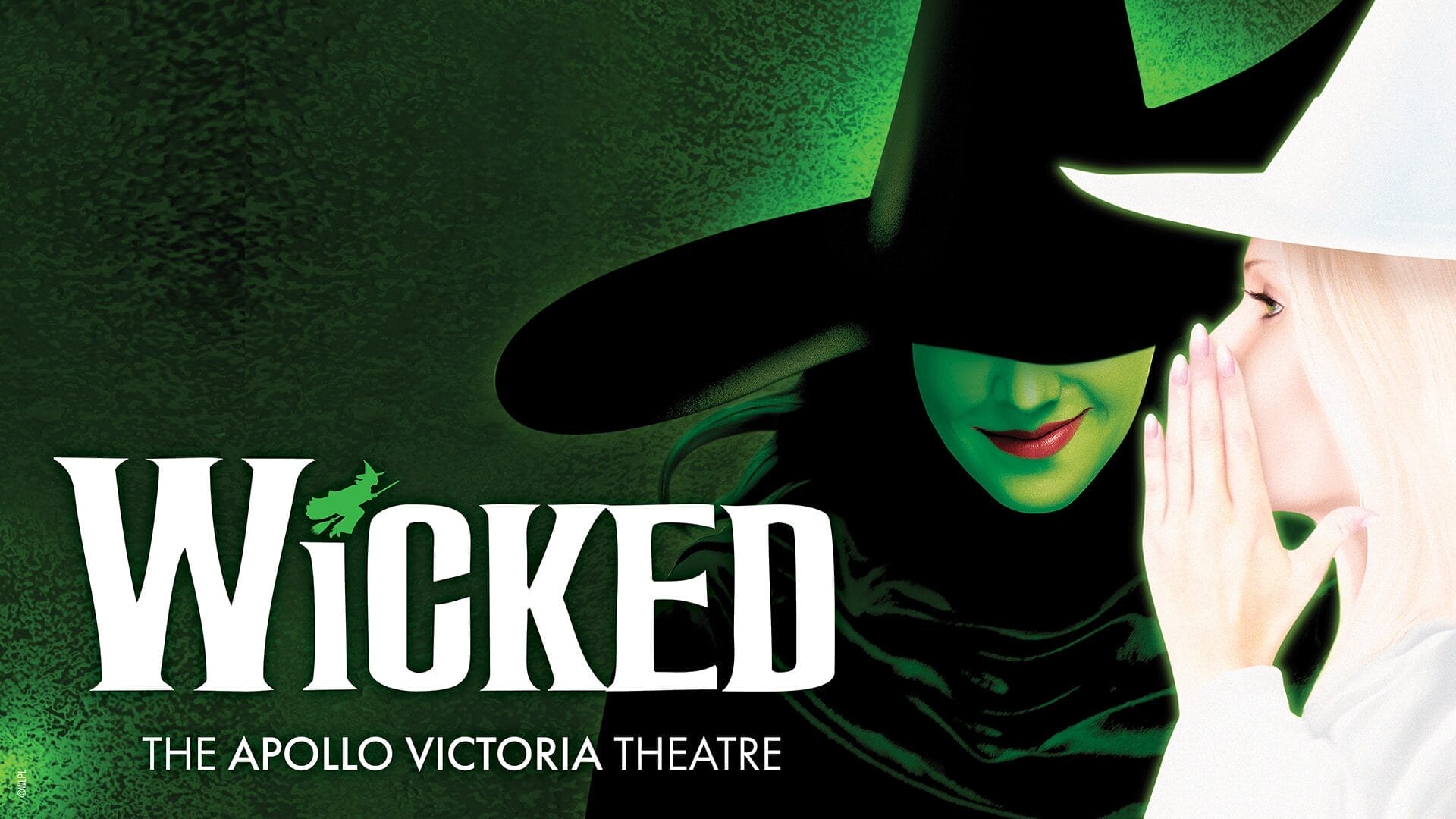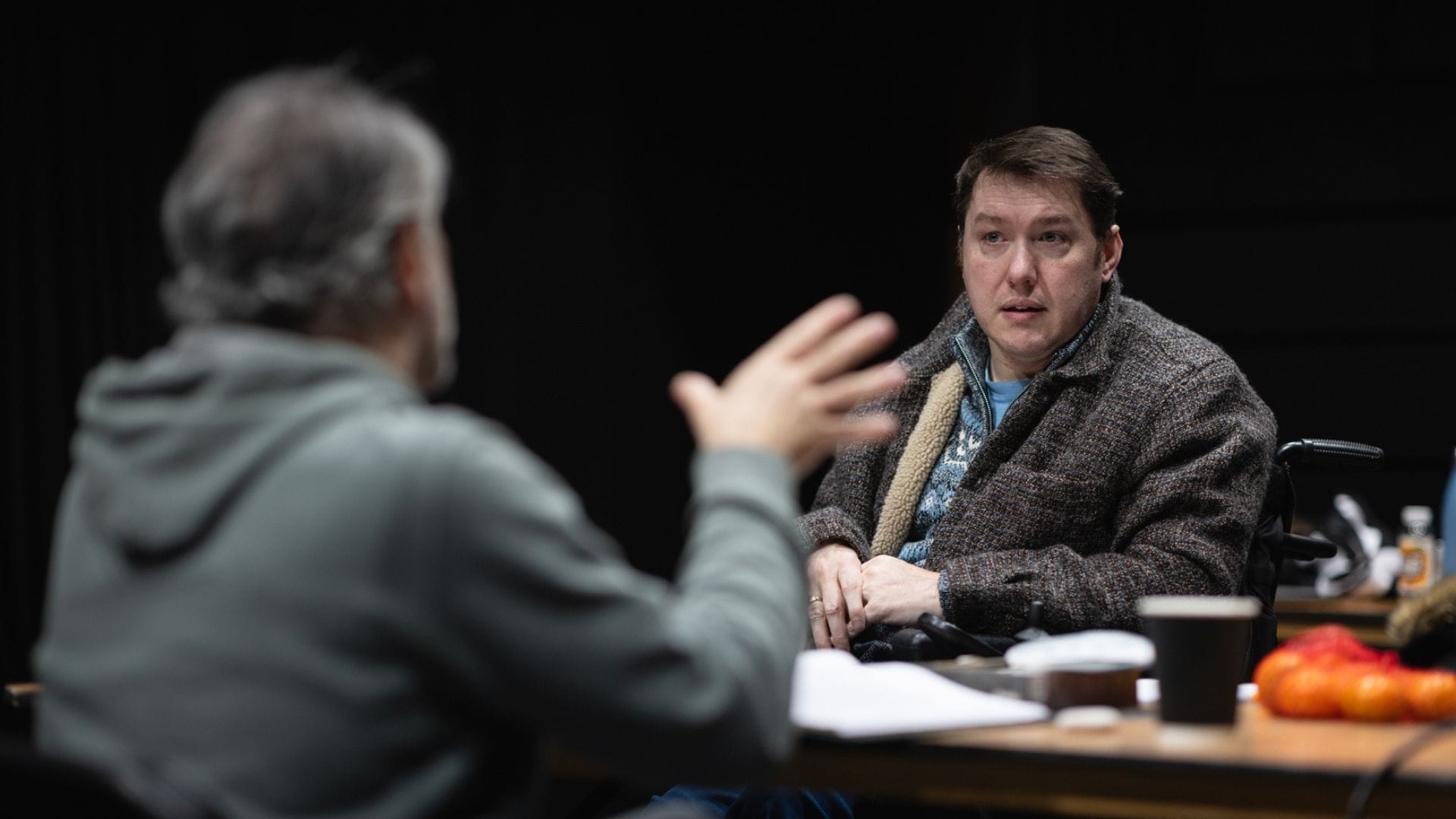 Ending a triumphant year of West End transfers for the National Theatre, which have included Dear England and The Ocean at the End of the Lane, it’s the turn of Jack Thorne’s stunning play, The Motive and the Cue which opened at the Lyttleton Theatre earlier this year and now begins a season at the Noël Coward Theatre.
Ending a triumphant year of West End transfers for the National Theatre, which have included Dear England and The Ocean at the End of the Lane, it’s the turn of Jack Thorne’s stunning play, The Motive and the Cue which opened at the Lyttleton Theatre earlier this year and now begins a season at the Noël Coward Theatre.
The existence of this play, and the theatrical history on which it’s based, comes down to a coin toss. One that meant Richard Burton, just married to Elizabeth Taylor, would play Hamlet on Broadway while Peter O’Toole would take on the role in London. Burton’s Hamlet, which was an unprecedented success, was directed by Sir John Gielgud, and it’s the behind the scenes wrangling of the two that provides much of the plot for The Motive and the Cue.
Not only was Burton a roaring success in the role, but the production became the longest running Hamlet in Broadway history. But if something was rotten in the state of Denmark, things weren’t much better in the rehearsal room. Directed by Sam Mendes, The Motive and the Cue covers the period from first table read through to the first performance.
Perhaps Gielgud expected to be the star attraction but the first scene makes it clear that Burton is the movie star and, despite an air of congeniality, expects to be treated as such. And when the pair start to compete for attention, that’s when things start to get really interesting.
The verbal sparring that follows in the subsequent days is wonderfully amusing, particularly in witty one liners from Gielgud, where a devastating put down is wrapped in a thinly veiled compliment. Each one delivered with satisfying pomposity by the marvellous Mark Gatiss, revelling in this powerhouse performance.
Gielgud’s production was set in a rehearsal room, so there’s something deliciously meta about Thorne’s play also being set in a rehearsal room, one where arguments stem from the differing views on how Burton should play Hamlet. In one scene when Gielgud tells Burton not to shout the lines, Burton shouts all the louder. But the movie star feels he isn’t being given the direction he needs, and that Gielgud is only trying to recreate his own performance as Hamlet at the Vic.
The bitching turns to full blown arguments with Burton openly mocking Gielgud in front of the company, and exposes Gielgud’s own vulnerability, already wounded by Laurence Olivier’s appointment at the National Theatre.
Jack Thorne’s wonderfully buoyant script, which is based on books written by those involved with the original production, very cleverly dissects the relationships between the key players. Like a reality tv show, the audience find they can’t look away, no matter how vicious things get, because it’s just too compelling a watch.
As was the case at the National, it’s quite a large cast, which includes the return of Tuppence Middleton as a bubbly Elizabeth Taylor, Burton’s marriage is placed under the microscope just as much as his relationship with Gielgud.
The bulk of the cast though are left in the shadows, instead focussing on the electric dynamic between Burton and Gielgud. Fans of Shakespeare will enjoy the Easter eggs planted throughout, and there are longer pieces of text from Hamlet, which are often cleverly used to cover scene changes as Es Devlin’s gorgeous set transforms from a rather bleak rehearsal room to the sumptuous hotel suite of Burton and Taylor, culminating in a final scene that already looks iconic.
Unsurprisingly, much of the Shakespearian text is delivered by Burton, played with boorish charm by Johnny Flynn. Flynn is truly magnificent, every line delivered with the beat of perfection, and when it comes to that ‘To Be or Not To Be’ moment, the audience are wholly captivated by the majesty of Flynn’s delivery.
Sam Mendes and Jack Thorne have together created a brilliant piece of theatre, certainly one that’s fascinating to anyone with an interest in the industry, but equally entertaining for anyone who loves a good story. Watching The Motive and the Cue, we should all be grateful that coin landed the way it did, because it shows us the happenings of the rehearsal room can be just as dramatic as anything happening on stage.
















